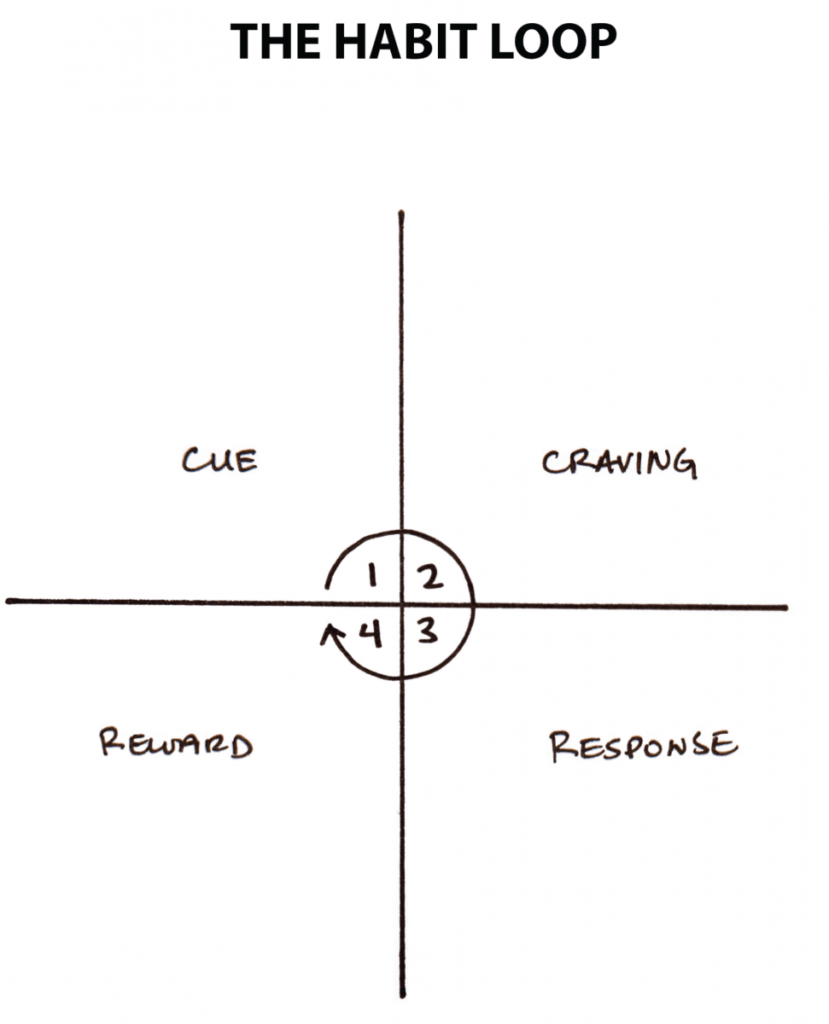
Parenting is one of the most profound responsibilities we carry, shaping not just the lives of our children but the future of society. Yet, many parents remain anchored to the traditional education system – a system that often emphasizes rote learning and conformity over creativity and adaptability. This adherence persists, even when parents suspect that the system may not fully prepare their children for the challenges of tomorrow.
Why is this? The answer lies in deeply ingrained habits. Parents, themselves products of the traditional education system, are wired to believe in its efficacy because it aligns with the societal norms they were conditioned to trust. To break this cycle and re-imagine education, we must first understand and address these habits using the principles of habit formation.
At Project Unschooling, we help parents challenge these deeply rooted beliefs and embrace an alternative approach to education – one that empowers children to thrive in an unpredictable future.
The Habit Loop: Cue, Craving, Response, and Reward
Habits are the building blocks of behavior, formed through a simple four-step loop:
- Cue: A trigger that initiates the habit. For parents, cues may include societal expectations, comparisons with peers, or fear of judgment.
- Craving: The desire to achieve a specific outcome. In this case, it’s the reassurance that their child is “on the right path” by following a traditional route.
- Response: The action taken to satisfy the craving. Enrolling children in conventional schools, encouraging high grades, and emphasizing standardized success markers are common responses.
- Reward: The payoff that reinforces the behavior. For parents, rewards often include social validation, temporary peace of mind, or a sense of control.
This cycle perpetuates itself, creating a status quo mindset resistant to change.

Learning in the Age of AI and Technological Disruption
The upcoming generation faces unprecedented challenges and opportunities shaped by AI and rapid technological advancements. Unlike previous generations, today’s children are growing up in a world where knowledge is abundant but discernment is rare. Adaptability, creativity, and collaboration are now as crucial as academic excellence.
The Psychology of Learning in Children
Children’s brains are naturally wired for curiosity and exploration. Studies in child psychology reveal that:
- Learning is experiential: Children learn better through hands-on, real-world experiences rather than passive absorption of information.
- Curiosity drives innovation: When children are encouraged to ask questions and explore solutions, they develop critical thinking skills.
- Feedback fuels growth: Positive reinforcement for effort and problem-solving nurture resilience and confidence.
However, traditional education often stifles these natural tendencies by emphasizing compliance, standardization, and performance over process. This misalignment creates a significant gap between how children learn best and what the current system offers.
Adapting to a Future of Uncertainty
The unpredictability posed by AI and technological advancements makes it impossible to foresee the exact careers or skills children will need in adulthood. As parents, the focus should shift from preparing children for specific roles to equipping them with adaptable, future-ready skill sets.
At Project Unschooling, we advocate for a learning framework that prioritizes essential 21st-century skills like adaptability, teamwork, critical thinking, and digital literacy.
Key Skills for the Next Generation
- Unlearn and Relearn In a world where technologies and industries evolve rapidly, the ability to unlearn outdated methods and acquire new skills is paramount. Parents can model this behavior by being open to change and embracing lifelong learning themselves.
- Critical and Analytical Thinking With an overwhelming amount of information available at their fingertips, children must learn to evaluate sources, question assumptions, and make informed decisions. Parents can encourage this by discussing current events, analyzing media, and fostering a culture of inquiry at home.
- Teamwork and Collaboration Many challenges of the future will require collective problem-solving. Participating in group projects, sports, or community initiatives can teach children the value of empathy, communication, and teamwork.
- Digital Literacy and Information Filtering Children need to navigate a world flooded with data, much of which is misleading or biased. Teaching them how to identify credible sources, fact-check, and use digital tools responsibly is essential for their success and safety.
Changing the Core Habits
The good news is that habits can be changed by disrupting the loop of traditional thinking. Parents can unlearn outdated behaviors and embrace a more progressive mindset by deliberately altering their cues, cravings, responses, and rewards.
1. Reframe the Cue: Embrace Curiosity Over Conformity
Instead of letting societal norms act as the cue, parents can focus on their child’s unique strengths and interests. Asking open-ended questions like, “What makes my child curious?” or “How can we nurture their passion?” “What makes my child happy?” shifts the focus from external validation to intrinsic growth.
2. Redefine the Craving: Seek Growth, Not Grades
Parents often crave a sense of security for their child’s future. By redefining this craving to prioritize skills like critical thinking, adaptability, and emotional intelligence, they can align their actions with long-term goals rather than short-term benchmarks.
3. Modify the Response: Choose Alternative Pathways
Small, intentional steps can create significant change. Parents can explore homeschooling, unschooling, project-based learning, or experiential education by incorporating child interest-led learning activities or engaging in discussions about real-world problems.
4. Transform the Reward: Celebrate the Journey
Rather than rewarding grades, parents can celebrate moments of growth, resilience, and creativity. Acknowledging when a child solves a problem innovatively or pursues a passion fosters a culture of lifelong learning.
The Journey to a Better Generation
Changing these habits isn’t instantaneous – it’s a gradual process of unlearning and relearning. But as parents transform their mindset, they become role models for their children, demonstrating the courage to think critically and challenge the status quo.
By fostering habits of curiosity, adaptability, and creativity in themselves, parents can guide their children toward a more fulfilling and impactful future. In doing so, they are not just raising a better generation; they are creating a world where education empowers individuals to thrive in complexity, innovate with purpose, and lead with empathy.
Transform Your Parenting Journey with Project Unschooling
Breaking free from traditional education mindsets is no small task, but it begins with a single, intentional step. At Project Unschooling, we’re here to guide you every step of the way. Through free resources, weekly webinars, tailored parenting courses, and expert advice, we help parents reimagine education and prepare their children for a future full of possibilities.
Subscribe to our webinar at ProjectUnschooling.com and gain access to valuable guidance and insights to transition to a more progressive and personalized learning model for yourself and your child.
For real-life inspiration, visit Aarfeen.com and discover the story of Aarfeen, a young climate leader who is already making a difference. Aarfeen’s journey shows how fostering curiosity and empowering children to follow their passions can lead to extraordinary achievements.
The future is unpredictable, but together, we can raise a generation equipped with resilience, creativity, and purpose. The journey may be challenging, but the reward is transformative – a generation not only prepared for the future but also capable of shaping it.
Ask yourself: What habits are shaping your parenting, and how can you align them with the future you envision for your child? Join the Project Unschooling community today and take the first step toward building a better generation. Let’s re-imagine education together.

